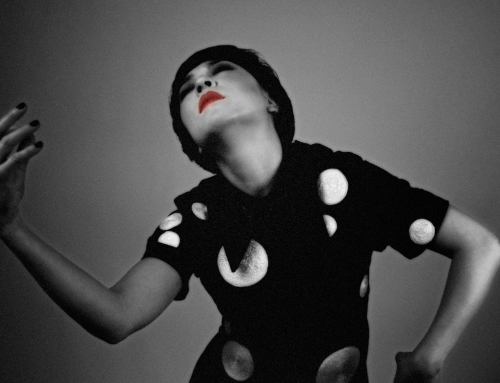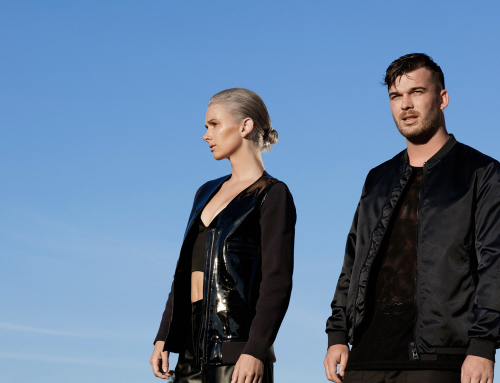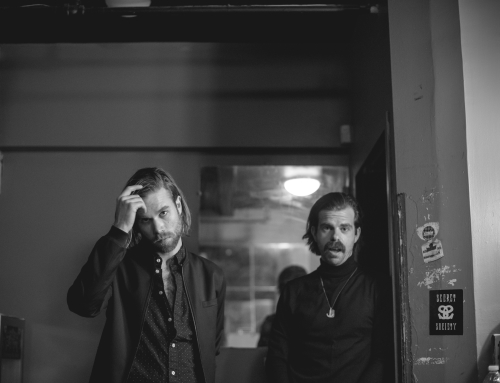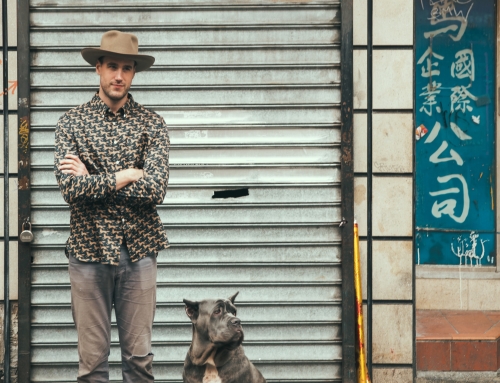With a new album on the horizon, and almost 20 years of experience under their belts, Nada Surf is showing fans that indie music is simply the alternative music of the ‘90’s, under another name.
For the recording of their seventh album, The Stars are Indifferent to Astronomy, released yesterday, the New York City trio nixed the studio in favour of their own tried, tested and true rehearsal spot.
That this group of garage rockers decided to go with a low-key recording space is no surprise; the resulting lo-fi sound fits with their longtime mantra of creating an unaffected listening experience that takes the listener out of their life and into the music.
In a nod to their generation, the boys’ humble recording space infuses their sound with an airiness that defines songs like “When I was Young” and the band behind it. Implicit in their name, Nada Surf aims to separate mind and body in the creation of music and passing on a feeling of suspension regarding everything but the music to their listeners.
Residing in Brooklyn, the band has been kicking it up as of late in NYC in celebration of their new release including their record release show at the Bowery Ballroom and an upcoming performance on Late Night with Jimmy Fallon scheduled for this Friday. But before the boys hit the road and fly off across the pond on tour next week, we catch up with lead singer, Matthew Caws, to talk about the band’s beginning and their latest sound evolution.

Where does your name come from?
Literally: surfing on nothing
Actually: floating in your mind. Lost in your imagination. That feeling that you get when you listen to music, when you make music.
How would you describe the album in three words or less.
Attempt at objectivity.
Valiant. You have been playing together for a long time, producing albums with various labels, how did the recording process go this time around?
It was quick and easy. We’ve finished the last couple of albums in the studio and though that’s a thrilling way to work, it’s also uniquely stressful and we wanted to avoid it this time. We put most of our energy into practicing and arranging. The basic tracks were done in five days just a few blocks from Daniel’s loft, which serves as our practice space. When we were done, we rolled the gear back and did overdubs for a month.
Sounds fairly quick and dirty. Think that rawness comes through in the album?
I think it comes through in the performances. We’ve become more aware over the last few years of the difference between the way we play live and the way we play in the studio. In the former environment, we’re free to dig in because we know what we’re doing and we’re just enjoying the moment, but in the latter we’ve been holding back to a certain extent, mostly because the arrangements have only just been figured out. I realized, better late than later, that this was doing us a disservice and that to make a record that really sounds like us, we’d have to do our homework.
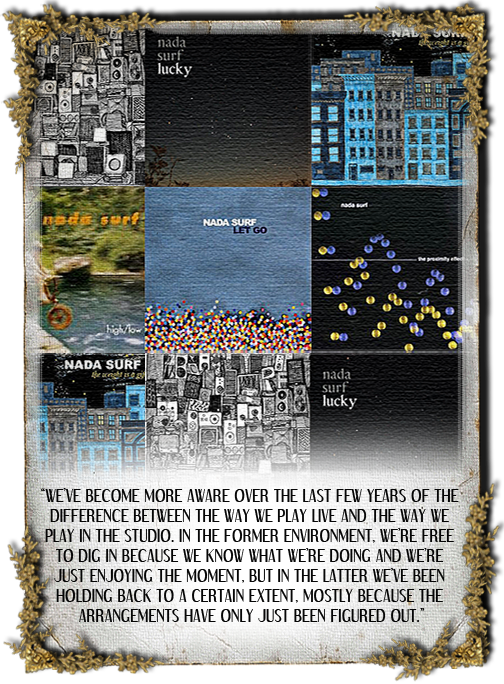
Is there one song represents what the album is about for you and the band?
For me, it’s probably “The Future,” because it’s not about anything I’ve been through. It’s about what I might go through, what anyone might go through. After doing our last three albums on three consecutive nights as part of record-release shows for if I had a hi-fi, I saw how many self-analytical songs I’d written and wanted to get away from that.
And the band?
For the band, it’s probably “looking through.” it was the last song we recorded. I wrote it one night, played it for the guys a couple of times the next day, and we cut it in one take. We hardly ever do that sort of thing, a) because I haven’t been in the position to write a brand-new song while we’re in the studio because I’m usually so busy trying to finish the ones we’re recording and b) because we’re rarely well-rehearsed enough to have that kind of instinct. But after a couple of months of playing day in and day out we were finally there.
Is there one thing that you think ties together your work from the inception of your band almost twenty years ago, to now?
Hmm…. hard to say. It’s hard to express this without sounding corny, but I think it may have to do with us having to feel strongly about what we’re playing. We’re unable to fake it without it showing on our faces.
I think that’s a good — and rare — thing. Have your influences/sources of inspiration changed much over the years?
I’ve always loved so many things. All the usual rock suspects, the Ramones, The Who, The Clash, etc., hip-hop, old country, old blues, baroque classical. This year I’ve been listening to a lot of British folk: Shirley Collins, Bert Jansch, and Anne Briggs. I don’t feel like my tastes change very much, they just expand as I find more things I connect with automatically.
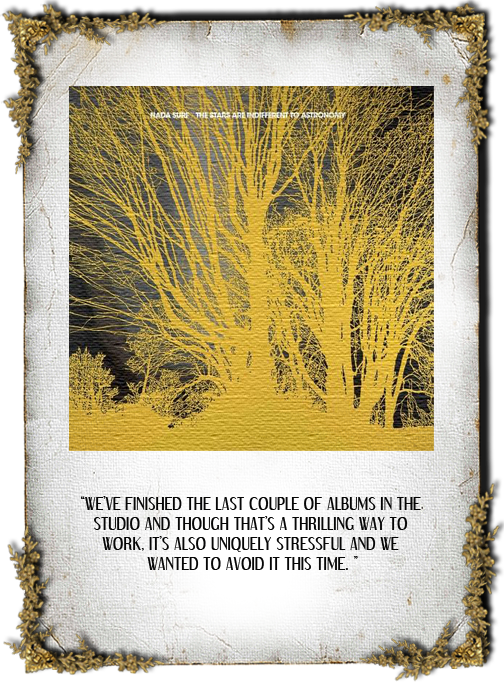
You have been around a lot longer than many of the other indie rockers out there trying to make a name for themselves, what do you make of the sudden surge in the genre?
It’s great! I’m not sure it’s new though. Remember when alternative was huge for a little while? New wave? Punk? Its just good bands breaking through. It happens every few years, under a new moniker. There are so many amazing bands right now. There always have been, but some years it’s just easier to find them.
Do you think your time in the industry has given you a leg up in the new musical climate where independence is often the goal?
Maybe. Our name got around, that probably helped.
Click here to buy Nada Surf’s new album, The Stars are Indifferent to Astronomy, today.








